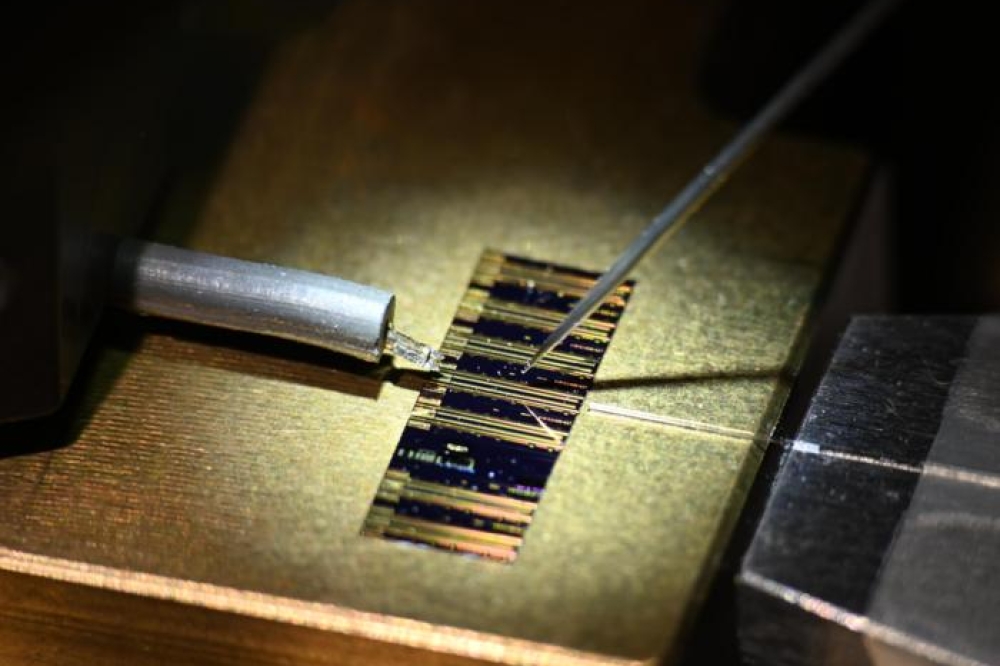Technical Insight
Polarization Boosts GaN/InGaN Solar Cell Performance
Calculations indicate that InGaN solar cells can deliver higher efficiencies if a N-polar form of the material is employed.
A team from the Canadian device simulation firm Crosslight Software Inc. has implemented sophisticated models to the device simulator APSYS and investigated the effects of polarization charge on the photovoltaic (PV) characteristics of GaN/InGaN solar cells.
The researchers from Burnaby, British Columbia, Canada, used rigorous finite-element simulations to determine that N-polar InGaN materials were more efficient than Ga-polar (0001) InGaN materials.
InGaN is a promising material for fabricating highly efficient solar cells, because it combines a wide band-gap range (0.65 - 3.45 eV) with high absorption coefficients. The nitride also shows superior radiation hardness, an important attribute for cells that could be used to generate electricity in space.
However, it is well-known that spontaneous polarization and strain induced piezoelectric polarization lead to significant interface charges in nitride-based devices grown on the c-plane.
For common Ga-polar (0001) InGaN solar cells, the polarization charge at the GaN/InGaN interface creates an electric field that forces photo carriers to drift in directions opposite to those needed for efficient collection. This unwanted effect substantially reduces the short circuit current and open circuit voltage.

Switching to N-polar InGaN materials, produces a reversal of the polarization charges , and the subsequent electric field helps to sweep the photo carriers to proper contacts.
Further details of this work will be published in the journal Physica Status Solidi (a) in the paper:
“Effects of Polarization Charge on the Photovoltaic Properties of InGaN Solar cells” by Z.Q. Li, M. Lestrate, Y.G. Xiao and Simon Li.































